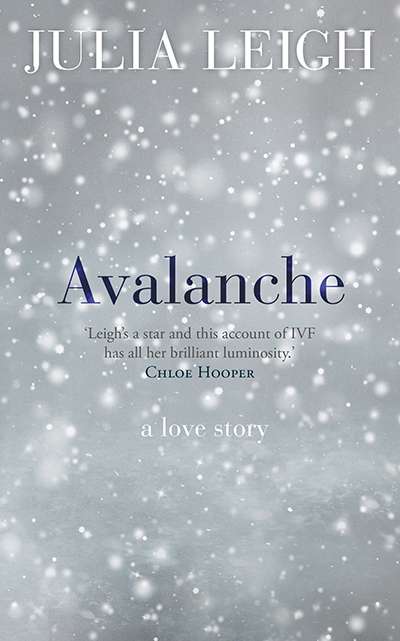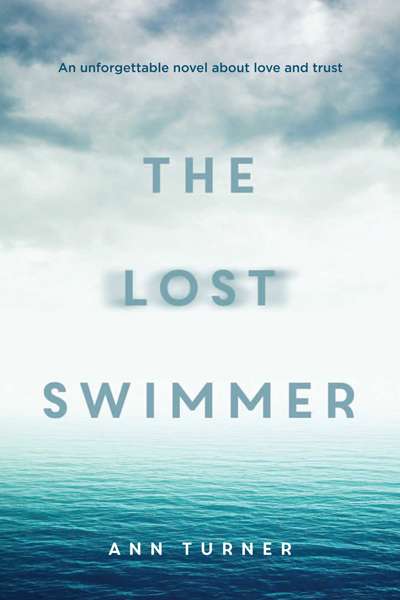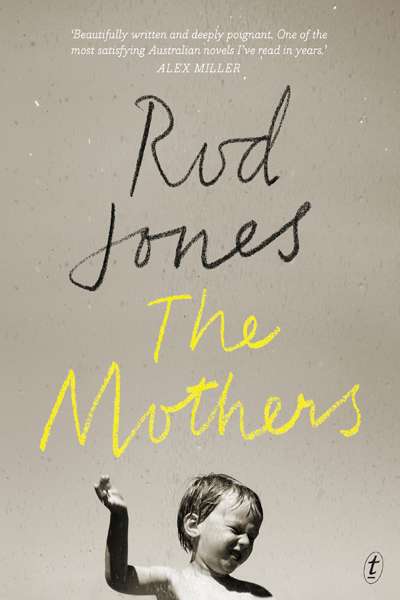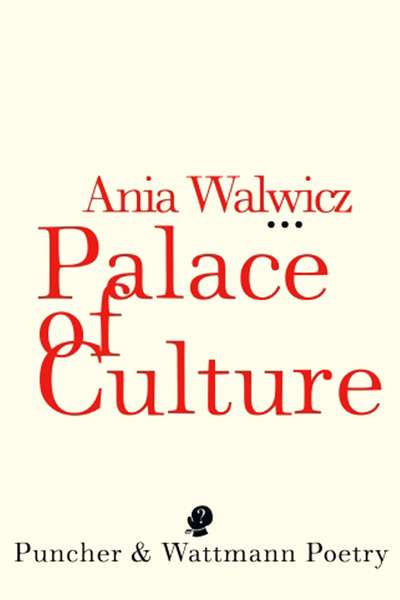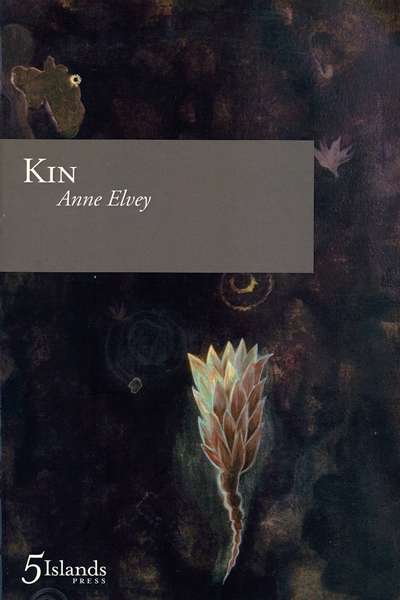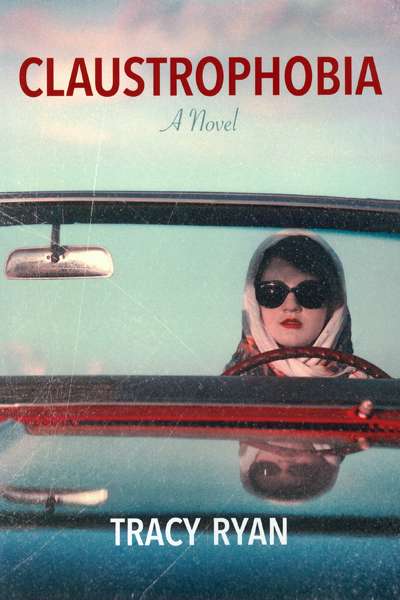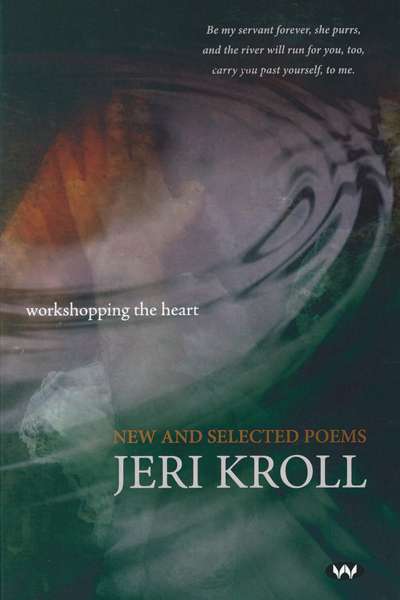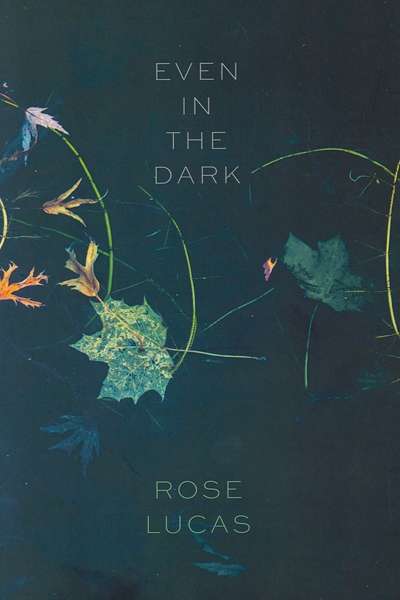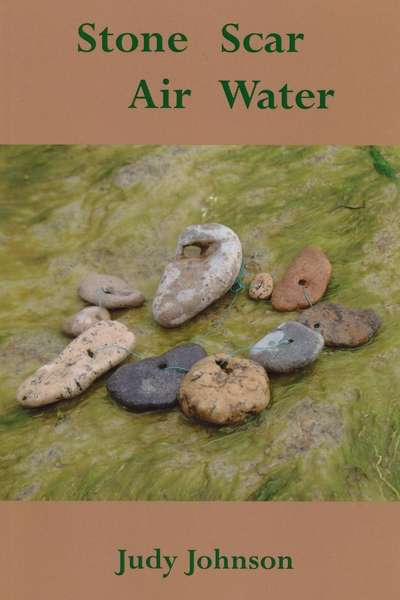Rose Lucas
Rose Lucas reviews 'Ground' by Martin Langford, 'Eating my Grandmother' by Krissy Kneen, and 'Now You Shall Know' by Jennifer Compton
by Rose Lucas •
In their very different ways, these three collections attest that contemporary Australian poetry is alive, robust, and engaging.
Puncher and Wattmann have delivered a generous collection of Martin Langford's most recent poems, Ground ($25 pb, 158 pp, 9781922186751). As we have come to expect from Langford, the voice we find here is strong – passio ...

